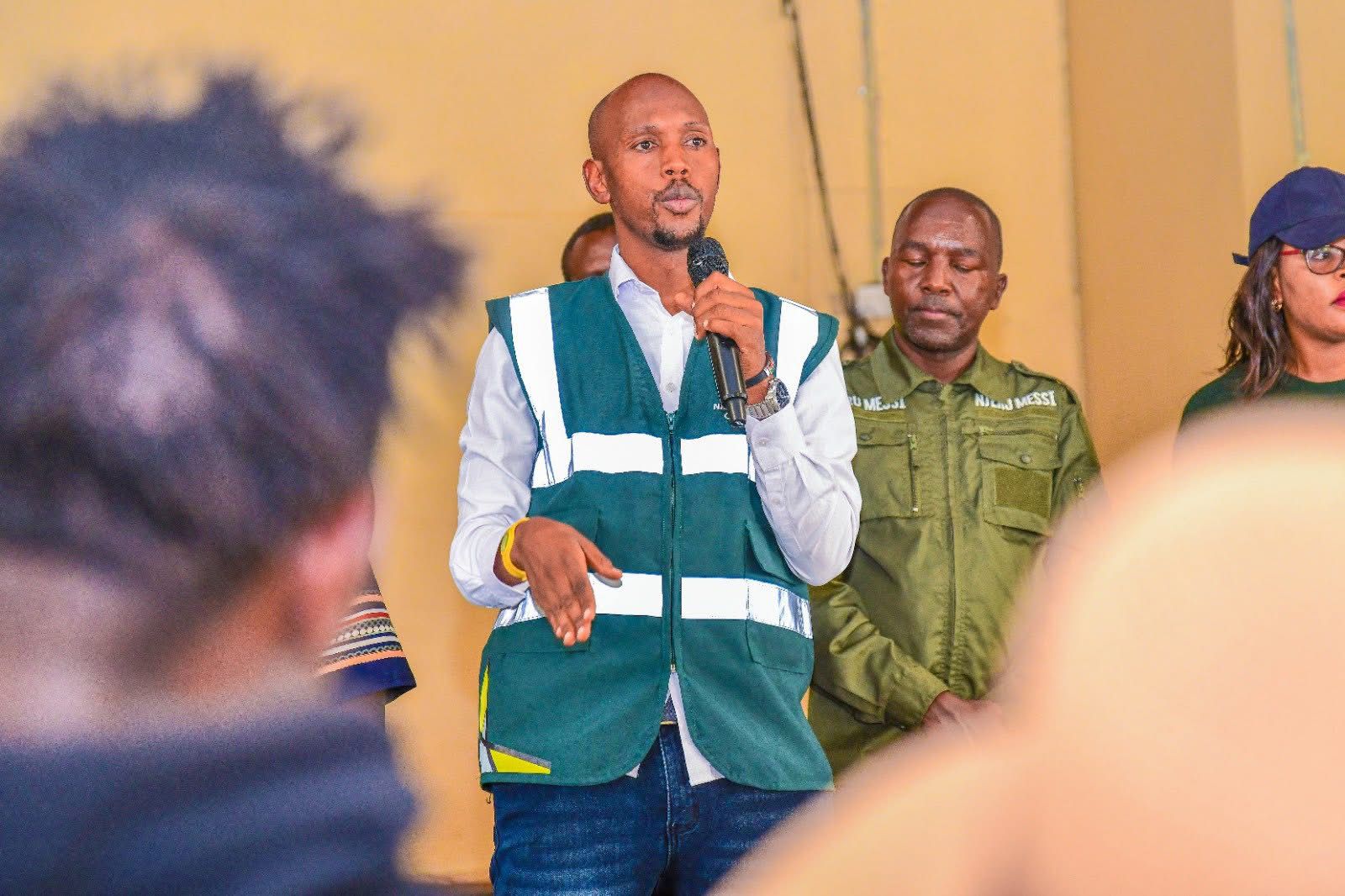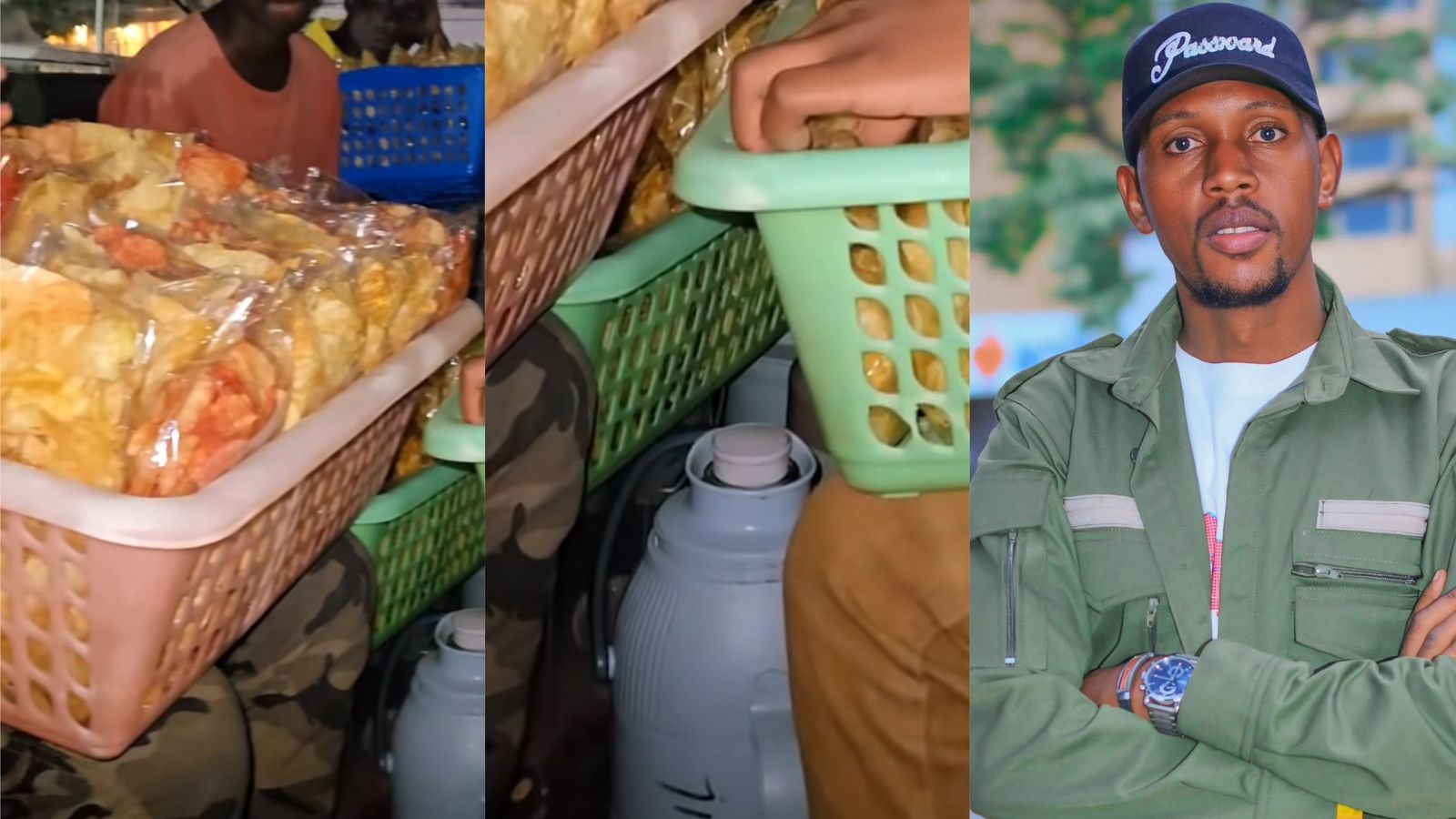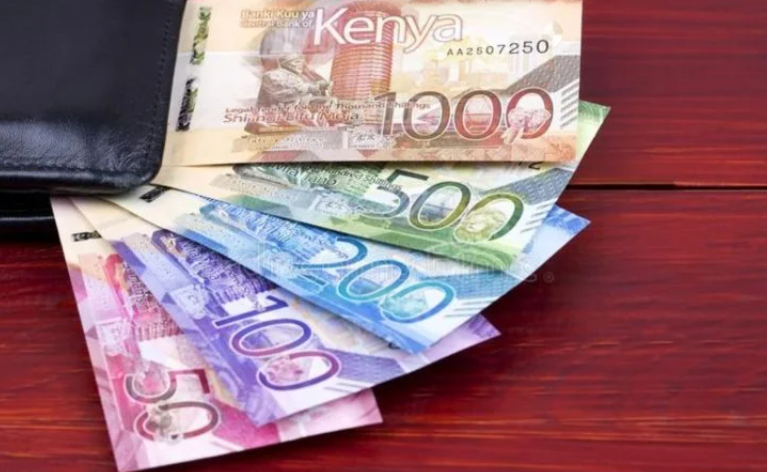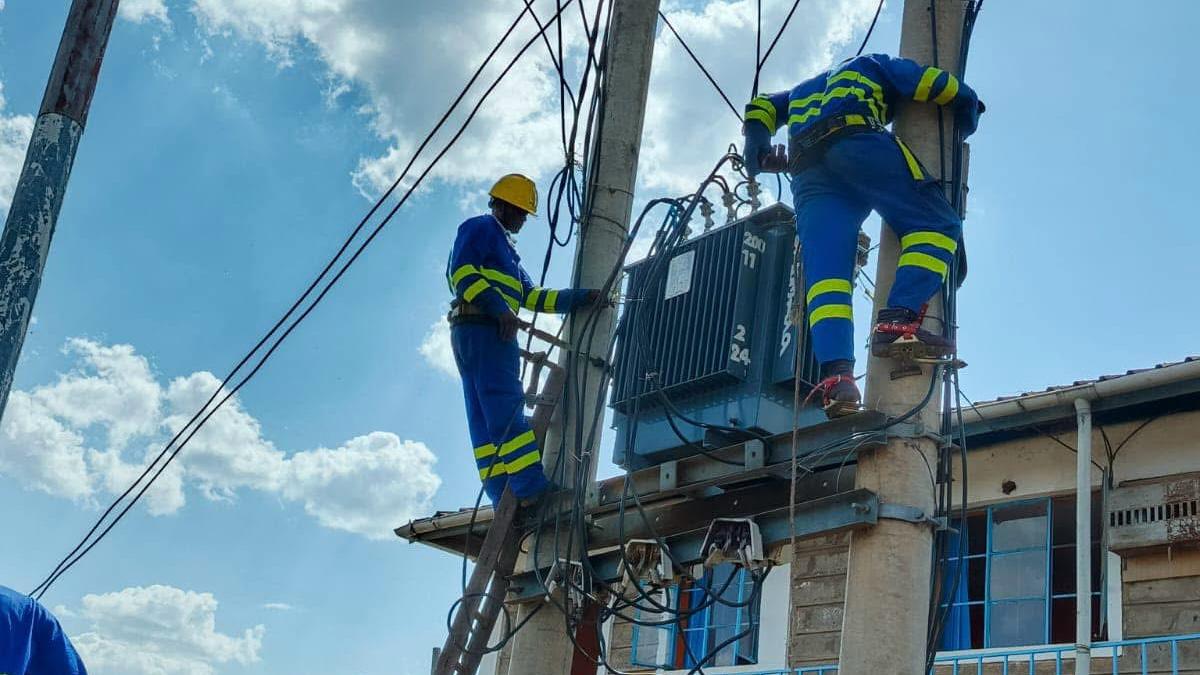Nairobi County has launched a crackdown targeting tea and coffee hawkers operating within the CBD, citing concerns related to improper waste disposal and the use of banned single-use plastics.
In a statement on Wednesday, June 18, Nairobi County Chief Officer for Environment Geoffrey Mosiria said the high number of vendors has become a major contributor to litter and blocked drainage systems in the city.
"We have noted with great concern the rapid increase of tea and coffee hawkers in the CBD who are using disposable cups and single-use plastic bags. Most of them do not carry litter bins to manage waste after their customers consume their products.
"As a result, this waste is being dumped all over the CBD and eventually ends up in our drainage systems during rains, contributing to flooding in the city," he said.
According to Mosiria, the operation will see hawkers confined to designated vending zones.
Read More
"We have launched an operation targeting these hawkers, who will now be required to operate like any other hawkers, strictly within designated areas (back lanes)," he added.

Additionally, Mosiria noted that the county government is also going after suppliers of the prohibited single-use plastic bags.
"Additionally, we are tracking down those supplying them with single-use plastic bags and will take legal action against them," he warned.
This comes about three days after Mosiria discouraged members of the public from giving money to street families.
In a statement on Sunday, June 15, he warned that the cash is often used to buy drugs and other harmful substances instead of helping those in need.
Mosiria said the county has since launched a targeted operation to remove street families from Nairobi’s streets.
He noted that some of those begging in the city are not genuinely homeless but have turned the streets into a source of free money.
"We have started an operation to remove street families from our streets because some pretend to be homeless and beg for money. When offered support to go home, to rehabilitation centers, or shelters, they often refuse, being used to free cash on the streets," he explained.
Instead, Mosiria encouraged Nairobi residents to support vulnerable people by providing food or connecting them to registered shelters and rehabilitation centers.
"I urge anyone who wants to help not to give cash but to buy food and encourage them to return home or connect them with homes for the homeless. Giving money only fuels drug peddlers who sell substances to these vulnerable people in the CBD," he said.






-1753517013.jpg)